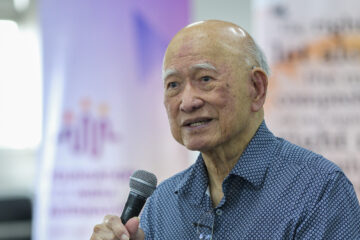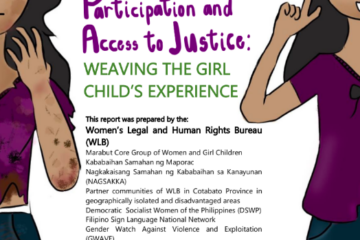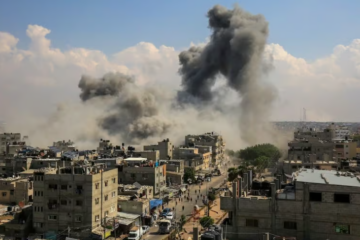As we celebrate World Press Freedom Day on May 3, the Foundation for Media Alternatives (FMA) is one with the community in promoting press freedom as a basic human right, one that needs to be protected more than ever amid threats facing journalism and journalists.
In the Philippines, media organizations, journalists, writers, bloggers, and critics of the administration face multi-level threats and navigate multifaceted environments. The country is the most dangerous place for journalists in Asia in 2018. It ranks 134th out of 180 in the 2019 Reporters Without Borders Press Freedom Index, one notch lower from its 2018 ranking. It scores 31/100—considered as “partly free”—in the 2018 Freedom on the Net Report. Filipinos spend the most time on social media, and are bombarded everyday with the task of sifting through news along with ‘fake news,’ the latter a euphemism for lies.
While freedom of speech, expression, and the press is protected in the Bill of Rights and international instruments to which the Philippines is a party, State practice and unilateral declarations—especially by a sitting president hostile to the press—have promoted a chilling effect among journalists all over the country. Freedom of expression and of the press are threatened by the weaponization of libel, accorded a higher penalty as online libel through the Cybercrime Prevention Act. Yet libel has been historically utilized as a tool for harassment and silencing opposition, especially by public officials afraid of accountability.
Progressive organizations, including alternative media groups, have become the target of distributed denial of service attacks, their websites taken down even as they feature underreported stories on marginalized sectors of society. Community journalists and activists are red-tagged and named as the administration’s “enemies,” legitimizing violence against their persons and endangering their lives.
The media grapples with intimidation and harassment in a landscape of disinformation. Social media platforms—such as and especially Facebook—allowed the proliferation of hate, lies, and misleading information, contributing to the decay of democracy as we know it. State agents allow themselves to be loudspeakers for disinformation, peddling lies as truth in the mad scramble for authoritarian power and control, fomenting harmful divisiveness among Filipinos. For one, the ‘Oust Duterte’ matrix, initially affirmed by the Office of the President and released without any form of verification, could only be interpreted as an attempt to vilify and foster distrust towards members of the press.
This World Press Freedom Day, FMA reiterates the call of many other allied organizations to defend press freedom, to stop the attacks on free expression, and to fight back against disinformation and all forms of repression. We join the decades-old call to decriminalize libel as it is used to harass critics of those in power. We stress the need to come together and include more sectors beyond the press, as we combat democratic decay. Beyond World Press Freedom Day, may we continue to uphold only the highest standards of journalism for a more informed citizenry, in light of the world’s continuing pursuit for justice, peace, sustainable development, and human rights for all.
#WorldPressFreedomDay #FightBack #DefendPressFreedom #DefendDemocracy #FightDisinfo
[googlepdf url=”https://www.fma.ph/wp-content/uploads/2019/05/strpe.pdf” download=”Download” width=”100%” height=”600″]
![]()



0 Comments